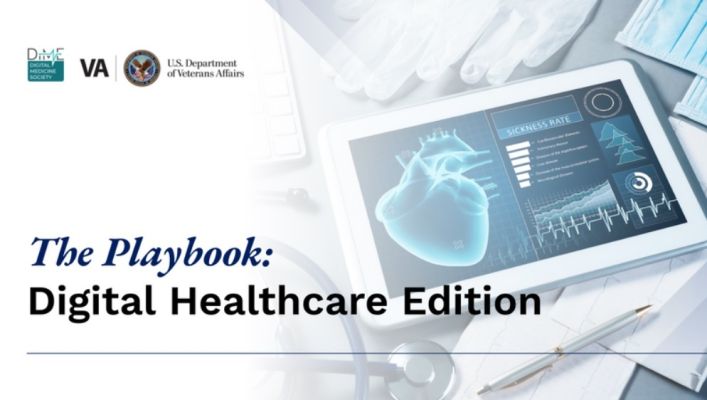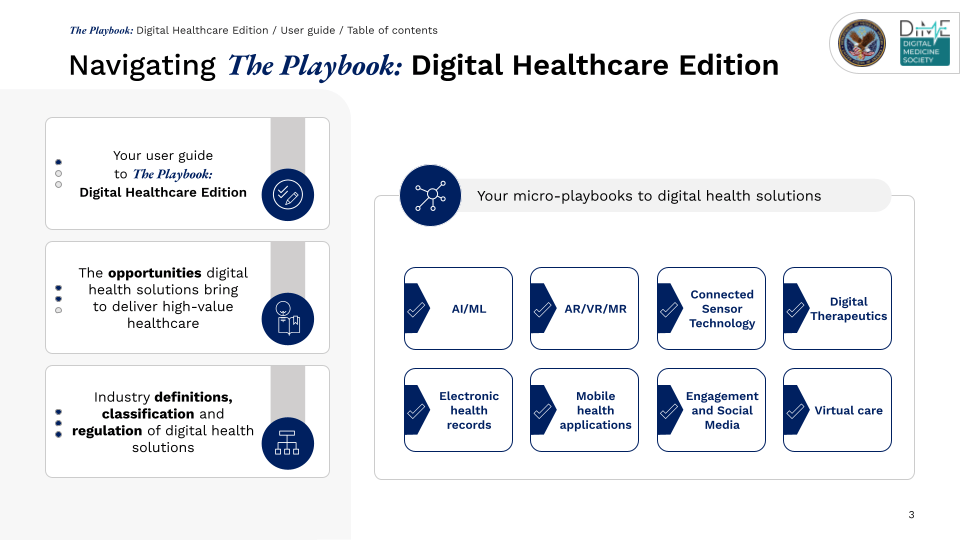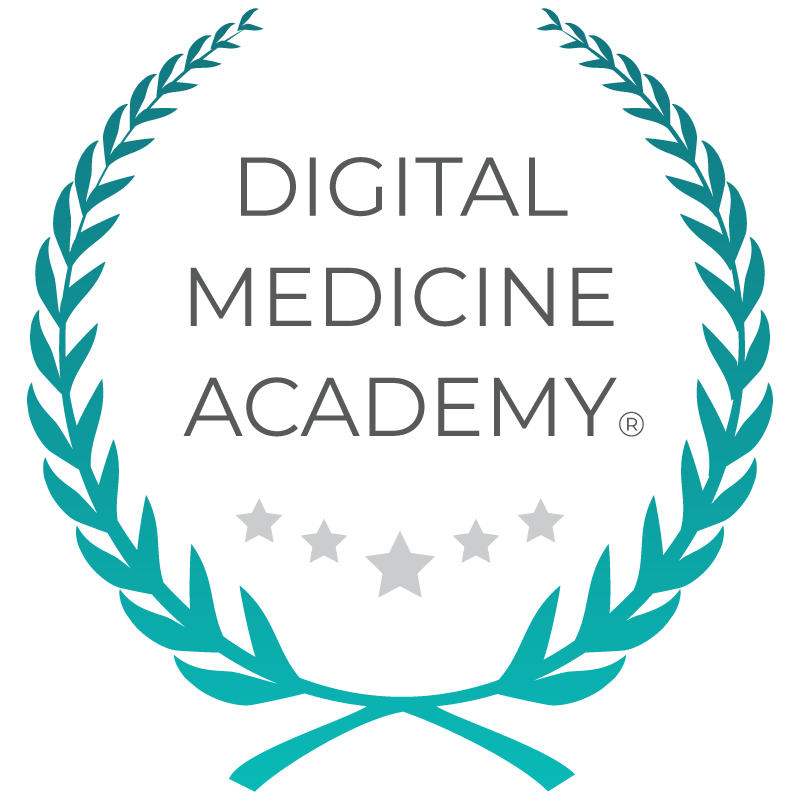
8 Digital Health Solutions to Support Clinicians and their Health Systems
Introducing The Playbook: Digital Healthcare Edition
There isn’t a clinician or administrator who isn’t lying awake at night and worrying about staffing shortages in their health system. Before the COVID-19 pandemic, up to 54% of nurses and doctors were experiencing burnout. After fighting the virus in three waves, clinicians have quit their jobs in droves. It’s now estimated that by 2033 we’ll see a shortage of up to 139,000 physicians.
The staffing crisis is a public health crisis. And while digital health solutions aren’t a silver bullet to solve all our problems in healthcare, we believe that digital transformation can help us embrace new care delivery models that work for patients and the people who care for them. Caring for clinicians results in better care for patients. We can start deploying digital strategies that address clinicians’ pain points and help health systems utilize their clinicians more efficiently at a time when we need more healthcare workers.
At DiMe, we work hard to develop evidence-based, actionable resources that promote access, efficiency, effectiveness, and equity in healthcare. We co-developed The Playbook: Digital Healthcare Edition with the largest integrated health system in the United States, the Veterans’ Health Administration (VHA). The VHA has already demonstrated success in using these digital health solutions to improve care for their Veterans. This playbook is the essential guide to supporting other health care innovators by creating efficiencies and improving our system’s capacity to care for people.

What’s in The Playbook: An Essential Guide to Implementing Digital Health Solutions
Digital health is a key enabler for a more connected and integrated health care ecosystem. Here are eight digital health solutions that can help you innovate and transform your health system while supporting clinicians and improving patients’ lives.
1. AI/ML
Artificial intelligence and machine learning offer health systems an opportunity to accelerate, personalize, and lead efficient clinical delivery. These tools can optimize workforce management through automation. They can also support precision medicine for more complex diseases through the advanced accuracy of diagnostics, the curation of de-identified data to enhance the value of EHR data, and the ability to make early risk predictions for comorbidities.
2. Electronic Health Records
From patient portals and personal health records to data systems, EHR tools offer value to patients, providers, and health systems. They can improve care coordination, help identify and reduce medical errors, and maximize patient engagement when the patient has access to their personal health information. But by design, these tools do not align with the cognitive and workflow requirements of clinicians or patients using them. Health systems can employ digital health solutions that expand care delivery and address clinicians’ EHR needs when they focus on industry and vendor collaboration.
3. AR/VR/MR
Digital tools like virtual reality, augmented reality, and mixed reality can be leveraged to improve care delivery and medical education. Because of their immersive nature, they can create safe experiential learning environments and facilitate the application of real-world evidence, providing learners with both hard and soft skills through virtual interactions. Medical students can advance their training without physically going into a classroom or the clinic.
4. Mobile Health Applications
Medical and public health practices supported by mobile devices, such as mobile phones, patient monitoring devices, personal digital assistants (PDA), and other wireless devices, are referred to as “mHealth.” These mobile health applications are deployed for managing diabetes, cardiovascular health, pregnancy, chronic illness, and other wellness needs. Research shows the value of mHealth apps to patients. However, they usually lack regulatory oversight and clinical evidence necessary to support the medical use of the information they produce. As more consumers use these apps, it’s essential to deploy an evidence-based approach to their clinical use.
5. Connected Sensor Technology
Wearables and remote patient monitoring are all the rage these days, but when we refer to connected sensor technology we’re talking about more than just fitness and activity trackers. These products include heart rate monitors, ingestibles, smart scales, implantables, and sensors embedded in smartphones. They process data captured by mobile sensors using algorithms to generate measures of behavioral and physiological function. Sensor data from these products have the potential to support more patients by giving clinicians the information they need to make decisions faster. However, there is still work to be done around security, utilization, and sensor data integrations.
6. Digital Therapeutics
Digital therapeutics (DTx) are a new treatment modality driven by software to help manage or prevent a disease or disorder. Clinical evidence and real-world outcomes are required for all DTx products. Additionally, these products must provide evidence that is reviewed and cleared or certified by regulatory agencies to support their claims of risk, efficacy, and intended use.
7. Virtual Care
Virtual care uses live and async approaches to care for patients beyond the clinic. And have you heard of virtual first care (V1C), the new care model built around the patient instead of the clinic? V1C allows patients 24/7 access to an entire care team of doctors, including their primary care physician, condition-specific specialist, and certified coaches. This model benefits not just patients but also their clinicians who want more flexible work schedules and know they can deliver the same experience of care virtually.
8. Patient Engagement and Social Media
More people are turning to social media for their news and medical advice when we’re seeing widespread misinformation with non-credible opinions from non-healthcare professionals. It has become increasingly important for providers and health systems to use engagement tools that give patients public health information and encourage the use of their health care services.
The Playbook: Digital Healthcare Edition outlines the value, risks, regulatory status, and success stories associated with eight digital health solutions that the VHA has implemented. And the best part? It is free to share and adapt as you see fit, even commercially. Download The Playbook: Digital Healthcare Edition and start using it today.



